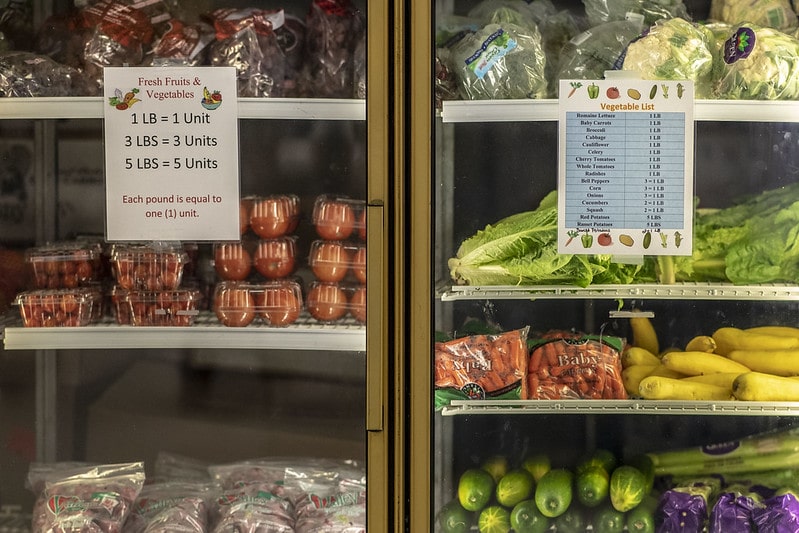What is the HEROES Act?
The House of Representatives’ $3 trillion HEROES Act includes critical measures to help ensure families and kids stay nourished through COVID-19.
Join our corps! Applications for 2026-2027 are now open. Apply by March 30.
The House of Representatives’ $3 trillion HEROES Act includes critical measures to help ensure families and kids stay nourished through COVID-19.

This week, the House of Representatives introduced the Health and Economic Recovery Omnibus Emergency Solutions (HEROES) Act. The $3 trillion COVID-19 response bill includes critical measures to help ensure families and kids stay nourished through this pandemic. We urge Congress to continue the bipartisan work to protect kids from going hungry by swiftly passing measures that support our hardest-hit communities.
The COVID-19 crisis is taking an unjust toll on kids—in particular, children of color, children from low-income households, and children from households whose incomes have been lost—due to long-standing structural inequities in this country’s health, education, and economic systems, among others. With millions of kids losing access to school meals and tens of millions of adults losing their jobs, kids are indeed going hungry across the nation—at a rate unprecedented in modern history. According to a report from Brookings released last week, two in five households of mothers with children aged 12 and under didn’t have enough to eat last month. Kids need help now.
The HEROES Act offers critical relief these families urgently need by temporarily boosting SNAP benefits, suspending certain regulations that would terminate or weaken SNAP benefits, extending Pandemic EBT through the summer, and providing additional funding and support for other vital nutrition programs and food banks. These investments will both feed families and kids and stimulate local economies.
The bill also includes $3 billion in additional funding to provide emergency relief to school meals and other child nutrition programs. On the frontlines of COVID-19, school nutrition professionals are putting their own health at risk to continue providing essential meals to thousands of kids. But schools are incurring unforeseen costs to adopt emergency feeding measures, while also facing an unanticipated significant loss of revenue. On top of that, many schools will face additional resource challenges as they prepare to serve students in the fall through alternate delivery and service models and social distancing protocols. The Funding Emergency Eating Distribution for the Children (FEED the Children) Act included in this larger bill provides critical relief to school nutrition programs so that they can continue providing access to nutritious food. We applaud Rep. Alma S. Adams (NC) for introducing these important measures.
While we are pleased to see these critical investments, we are deeply disappointed that the bill failed to include an expansion of national service and increased compensation for AmeriCorps service members, who have been playing vital roles in helping families and communities weather this storm. The importance of national service during this difficult time has been widely recognized and lauded with bipartisan support. FoodCorps joins Voices for National Service and other national service leaders in continuing to urge Congress to include the Pandemic Response and Opportunity Through National Service Act in the next COVID-19 relief package.
Now is the time to hold our leaders accountable to fighting not just the virus, but inequity in this country. Join us by contacting your members of Congress now.
FoodCorps is a non-partisan, non-profit organization. FoodCorps staff and FoodCorps AmeriCorps members may not participate in any partisan or seemingly partisan activities during work time charged to a Corporation for National and Community Service funded grant or while earning AmeriCorps service hours. No federal funds were used to prepare or distribute these advocacy actions.

Mindful Tasting: Eating with All 5 Senses

Our 2025 Child Nutrition Policy Year in Review

Winterizing Your School Garden